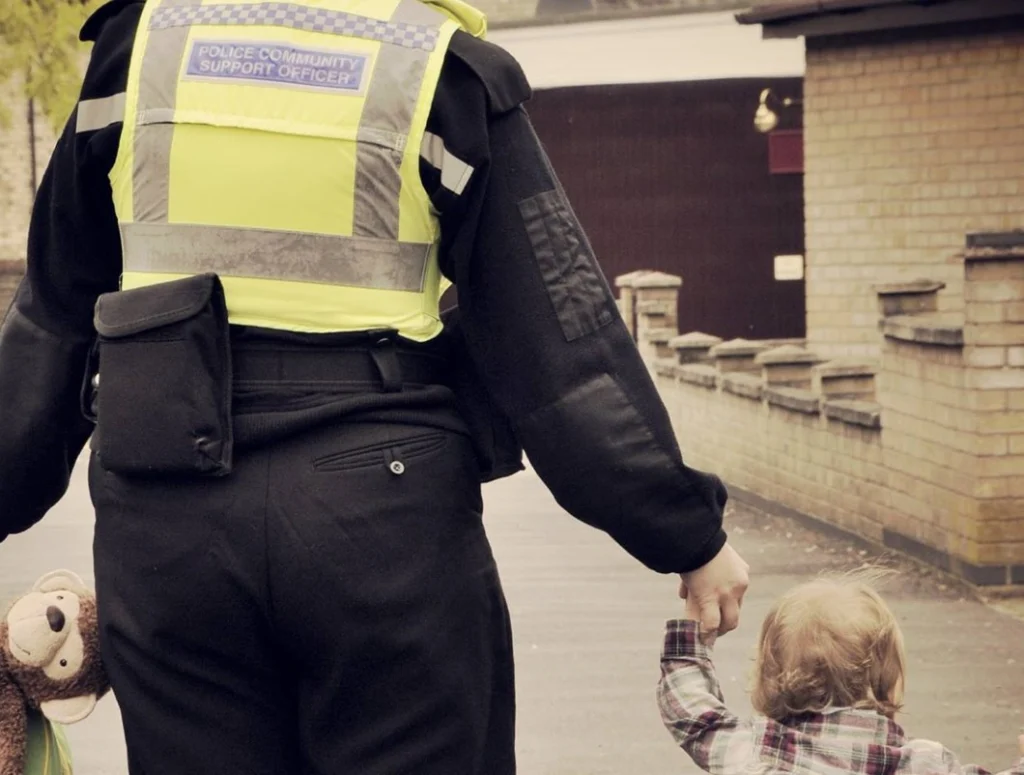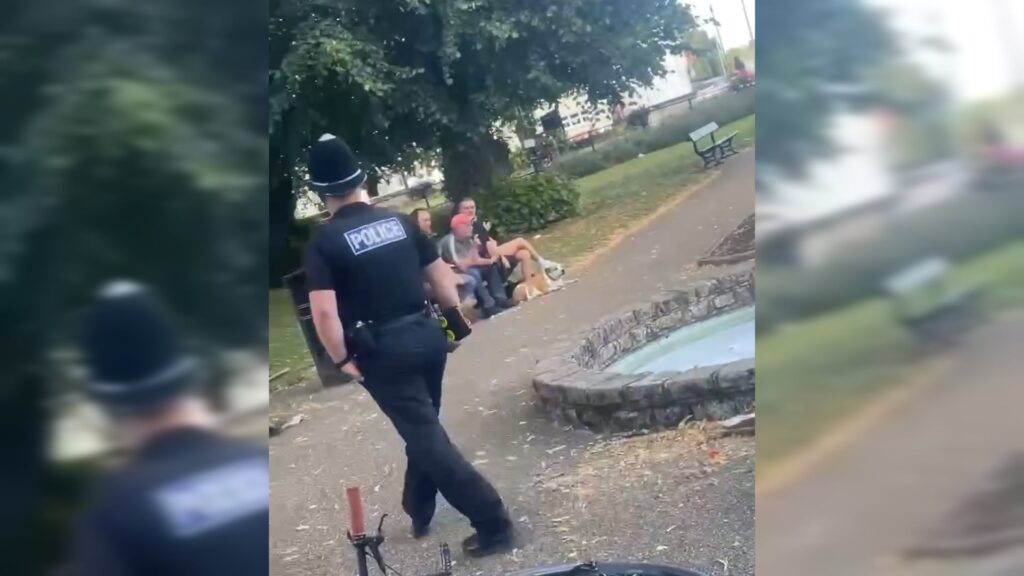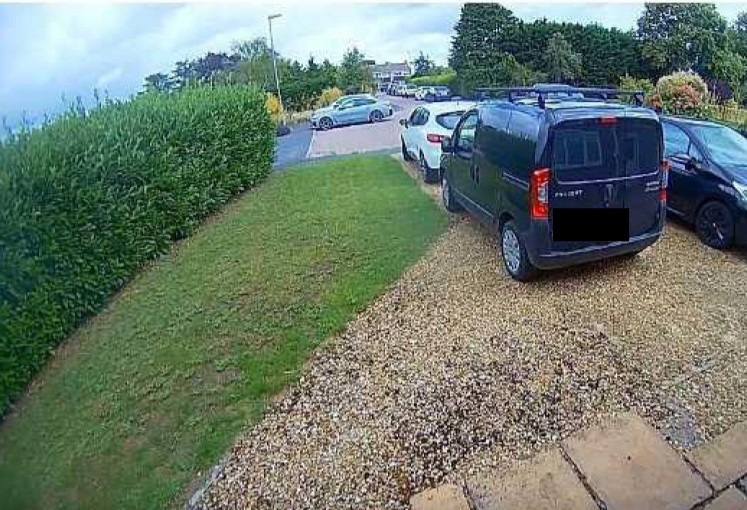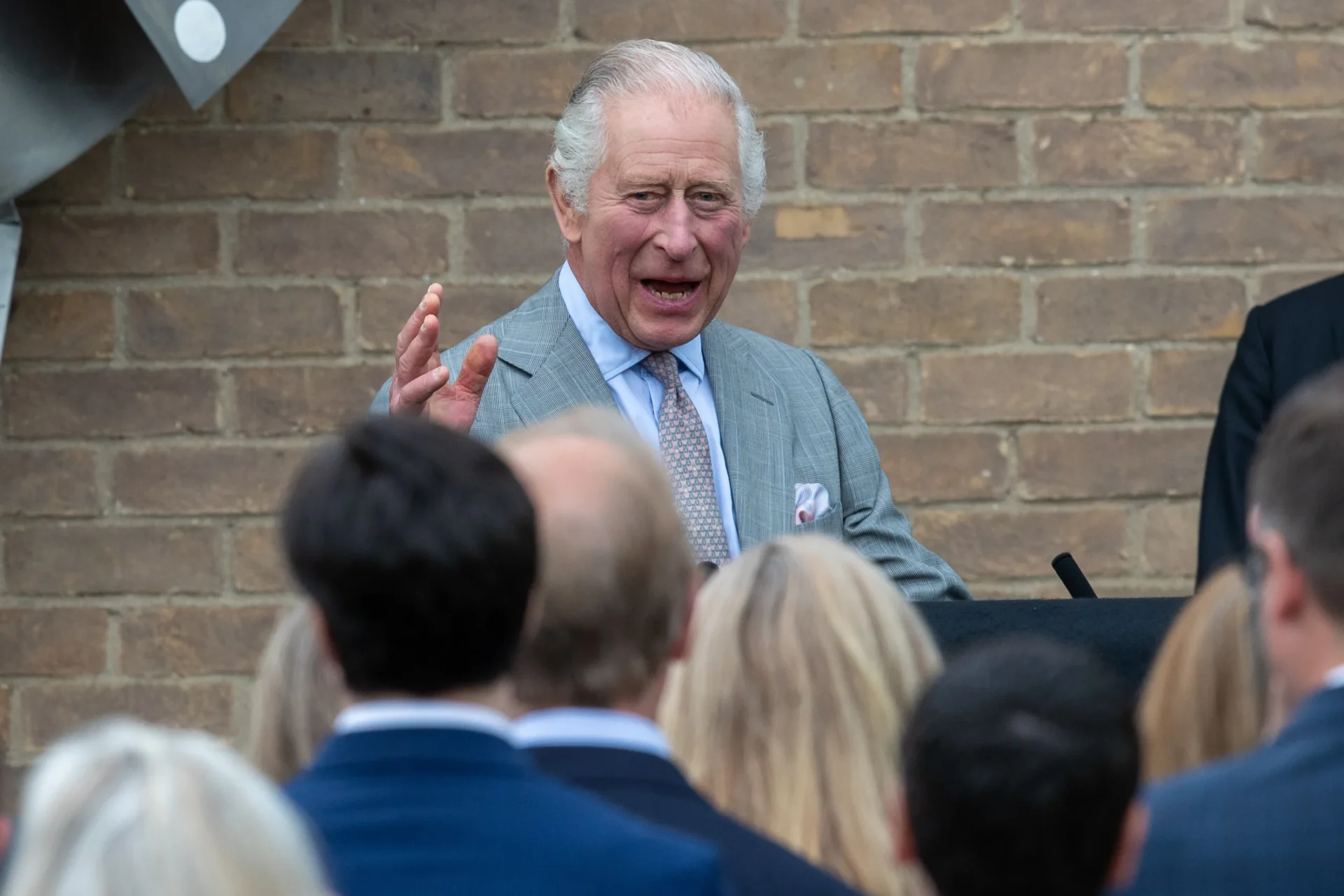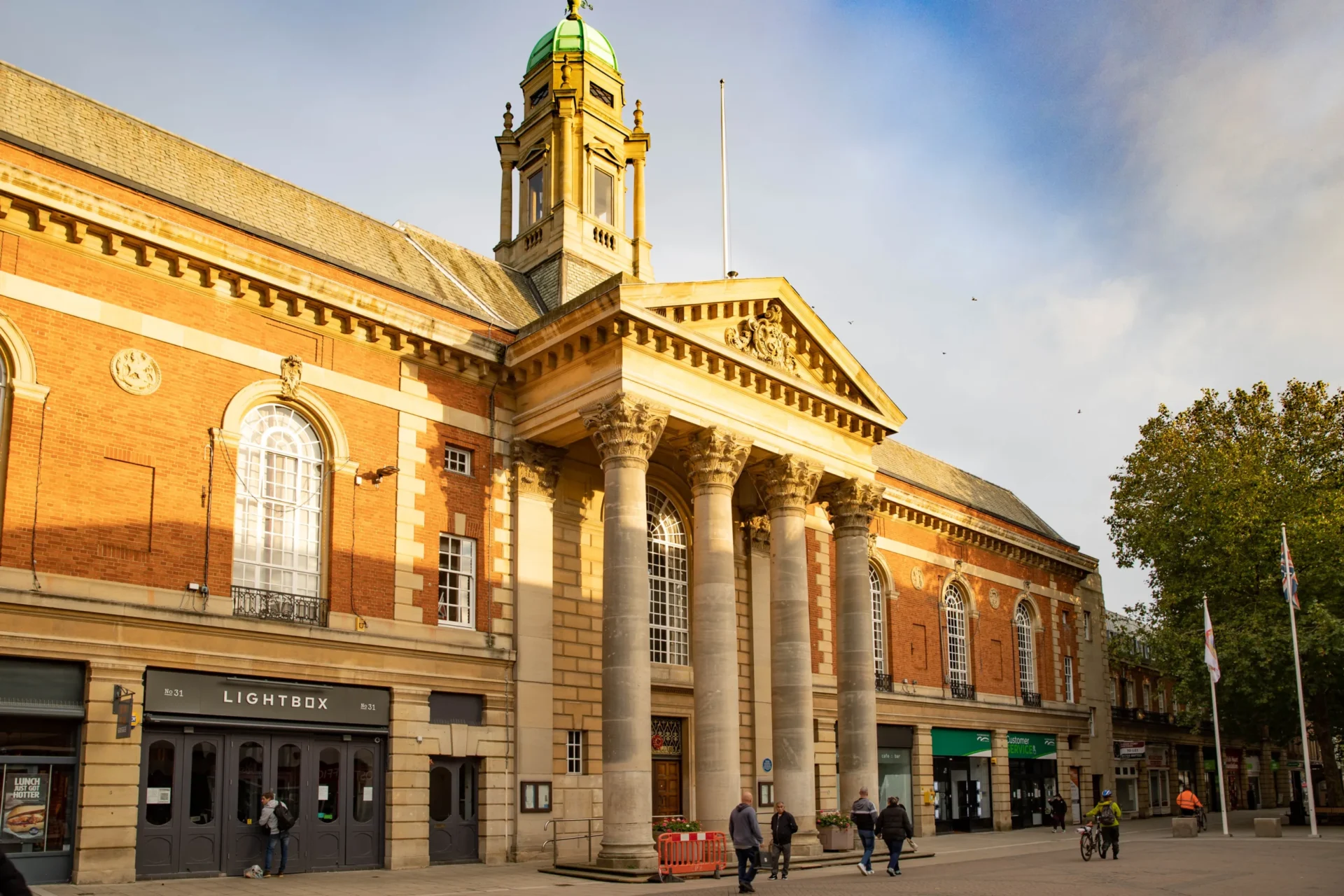East Cambridgeshire District Council faces a legal bill after it unsuccessfully tried to stop Twentypence Marina at Wilburton from continuing to operate a caravan site.
The Planning Inspectorate – in a 5,500-word judgement – allowed an appeal by Barr’s Residential and Leisure Ltd after the council refused it a certificate of lawful use to continue to operate.
In a separate ruling, the inspector, J Moss, awarded partial costs against the council.
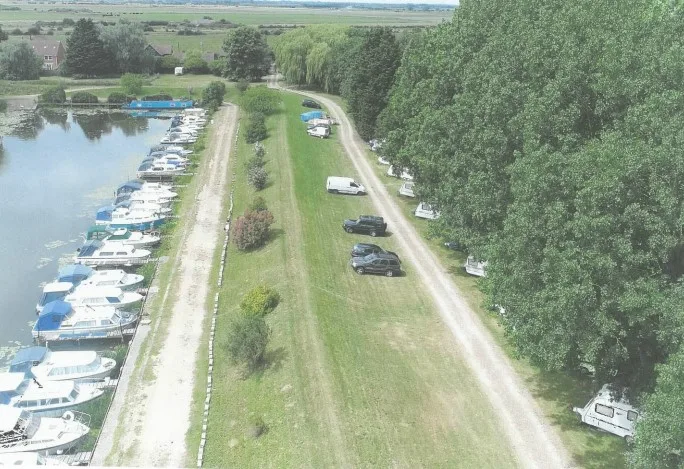
Victory for Jason Barr and Barr’s Residential and Leisure Ltd who have won an appeal against refusal by East Cambridgeshire District to grant a certificate of lawful use for up to 24 caravans at Twentypence Marina, Wilburton. Barr’s has also a judgement for partial costs against the council.
Mr Moss said East Cambridgeshire Council had failed to “properly maintain its planning register” and provide Barr’s agents with planning records when requested on five separate occasions over more than two years.
Council ‘materially’ changed its case
He added that the council “materially” changed its case during the appeal process after it had in fact discovered that permission did exist for a caravan site “so that it could continue to maintain its reason for refusing to grant the certificate of lawful use that had been applied for”.
Mr Moss said Planning Guidance on Appeals (the PPG) advises where costs can be awarded. These included where a party has behaved unreasonably, and the unreasonable behaviour has directly caused another party to incur unnecessary or wasted expense in the appeals procedure.
Lack of co-operation, delay in providing information, introducing fresh and substantial evidence at a late stage, prolonging the proceedings by introducing a new reason for refusal were typical examples, he said.
He felt that some of these “might be relevant to this costs application”.
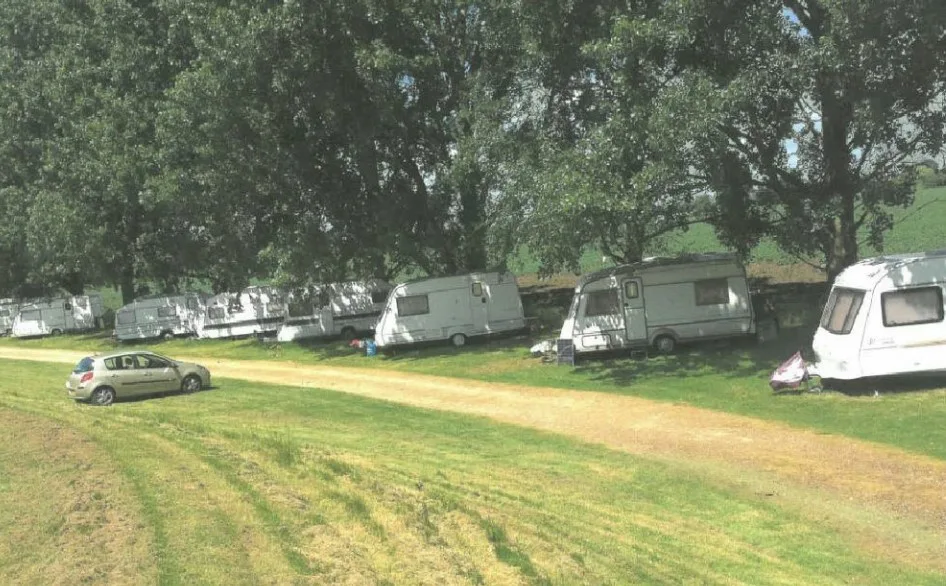
Victory for Jason Barr and Barr’s Residential and Leisure Ltd who have won an appeal against refusal by East Cambridgeshire District to grant a certificate of lawful use for up to 24 caravans at Twentypence Marina, Wilburton. Barr’s has also a judgement for partial costs against the council.
Mr Moss examined the planning background, noting that two decisions about the site had been made prior to 1974 when East Cambridgeshire Council came into being and if, as was explained by him, the documents prior would have been held by Cambridgeshire County Council, he failed to see why Barr’s hadn’t been told this.
Only after the appeal had begun, and the deadline for submission of evidence had passed, did an earlier planning permission for 24 caravans emerge.
“I can only consider this to be unreasonable behaviour on the part of the council,” he said.
Mr Moss agreed the 1972 permission for “a caravan or boat park for 24 units” to be ambiguous and it was unlikely therefore the council would have reached a different conclusion.
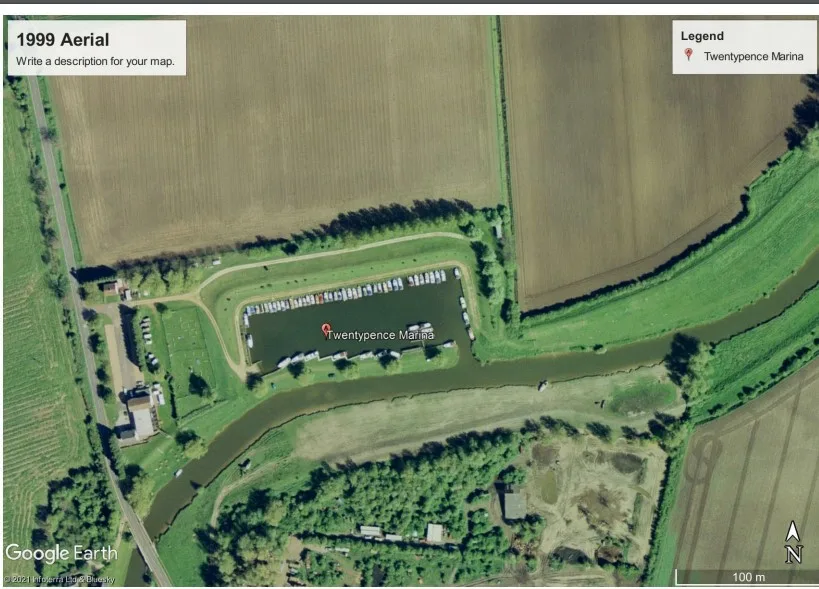
Victory for Jason Barr and Barr’s Residential and Leisure Ltd who have won an appeal against refusal by East Cambridgeshire District to grant a certificate of lawful use for up to 24 caravans at Twentypence Marina, Wilburton. Barr’s has also a judgement for partial costs against the council.
However, the late provision of these documents had resulted in Barr’s having to “incur unnecessary costs” and hence why a partial award of costs was justified.
The council had ruled against Barr’s in 2021 claiming that “on the balance of probability” they had not shown enough evidence to support their claim of it being used for 10 years or more as a caravan site.
“At this time, the continued use of the site for the aforementioned purpose is therefore unlawful,” he council decided.
The site relates to the land surrounding Twentypence Marina. The site is situated on the eastern side of Twentypence Road and is located to the south of Wilburton.
Aerial images rejected
The council rejected aerial images from across the years pointing out they were “a snapshot in time; they do not indicate what time of year the photos were taken, meaning that the continuous use of the land as a caravan site for at least 10 years is difficult to depict.
“Additionally, in some of the imagery it is unclear whether the white objects are indeed caravans as, in the absence of precise information with regards the number of caravans that are sought to be confirmed as lawful, some photos are ambiguous as to the number of caravans on site at the time.
“The number of caravans appear to fluctuate throughout the imagery.”
The council added: “The presence of a caravan or caravans on land, does not of itself indicate use as a caravan site as defined within the Town and Country Planning Act.
‘Ambiguous evidence’ claim by council
“The application description provided does not define the use the caravans present the whole time.
“Notwithstanding the ambiguous evidence submitted to the council described above, the applicant has also failed to demonstrate any presence of caravans to the west and south of the site or a use in conjunction with land on which a caravan or caravans have been so stationed.”
Mr Moss, however, allowed the appeal stating the main issue was whether the council’s decision to refuse to grant a certificate of lawful use was well founded.
“I find as a matter of fact and degree that in permitting a caravan or boat park, the 1972 permission permits the use of caravans parked on the site for the purpose of human habitation,” he concluded.
“I have concluded that, as the 1972 permission permitted the construction of a marina and a caravan or boat park, it also permits the use of land as a marina and as a caravan or boat park.
“I have also concluded that in permitting a caravan or boat park, the 1972 permission permits the use of caravans parked on the site for the purpose of human habitation.
“In my judgement, this use and a use as a caravan site are one and the same.
“There has been no suggestion that there has been any material change to the use of the site since the 1972 permission was granted and commenced, such that I might conclude that the extant permission has been superseded.
1972 permission consistent with use
“I find the existing mixed use of the site to be consistent with the use of the site permitted by the 1972 decision.
“I conclude, therefore, that the existing use of land as a caravan site, as part of a mixed use of the site comprising a use as a marina and a caravan site, is permitted by the 1972 permission.”
He said the caravan or boat park were just one element of the development permitted by the 1972 permission.
“The reference to 24 units in the description assists in identifying the extent of that element of the development permitted as part of the overall scheme,” he said.
“The lawful development certificate will, therefore, refer to this number of units. This will not control the number of units on site in the same way as a condition would.
“I conclude, on the evidence now available, that the council’s refusal to grant a certificate of lawful use or development in respect of the use of land as a caravan site was not well-founded and that the appeal should succeed.”



